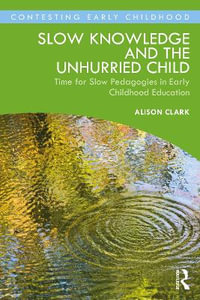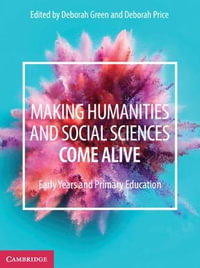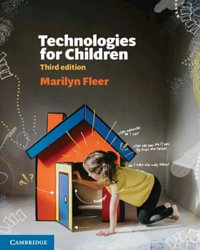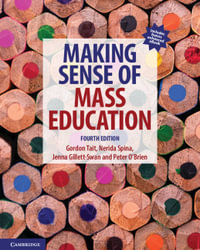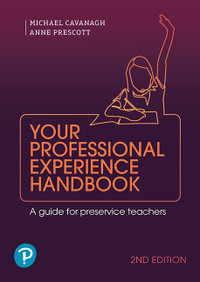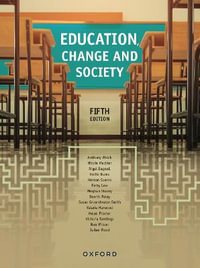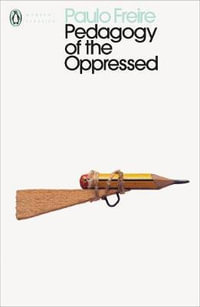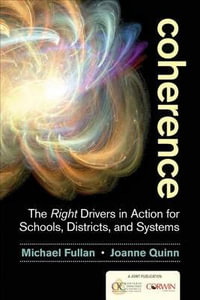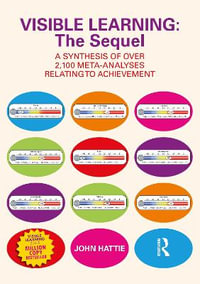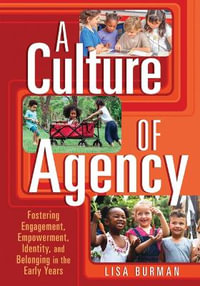
Educating For Wisdom And Compassion : Creating Conditions For Timeless Learning
Creating Conditions For Timeless Learning
By: John P. Miller
Paperback | 1 July 2005
At a Glance
Paperback
Limited Stock Available
$79.75
When will this arrive by?
Wisdom as an outcome of education is often overlooked and drowned out by the demands of concept attainment, skills mastery, and high-stakes assessments. But wisdom in teaching and learning is the central topic of this small book.
Blending philosophy, research, and three decades of practice, author Jack Miller offers a readable and accessible discussion of timeless principles of learning, including attention, contemplation, connection, participation, transformation, mystery, responsibility, wholeness, and joy.
The author shows us how the themes of timeless learning have been discussed in the works of Emerson, Thoreau, and Alcott; how they are put into practice in Montessori, Waldorf, and Krishnamurti schools; and how teachers in today's schools can apply the principles, models, and methods of timeless learning to inform instruction in their own classrooms and teaching practice.
Industry Reviews
ISBN: 9781412917049
ISBN-10: 1412917042
Published: 1st July 2005
Format: Paperback
Language: English
Number of Pages: 184
Audience: Professional and Scholarly
Publisher: CORWIN PRESS, INC.
Country of Publication: GB
Dimensions (cm): 22.5 x 16 x 1.5
Weight (kg): 0.31
Shipping
| Standard Shipping | Express Shipping | |
|---|---|---|
| Metro postcodes: | $9.99 | $14.95 |
| Regional postcodes: | $9.99 | $14.95 |
| Rural postcodes: | $9.99 | $14.95 |
How to return your order
At Booktopia, we offer hassle-free returns in accordance with our returns policy. If you wish to return an item, please get in touch with Booktopia Customer Care.
Additional postage charges may be applicable.
Defective items
If there is a problem with any of the items received for your order then the Booktopia Customer Care team is ready to assist you.
For more info please visit our Help Centre.
You Can Find This Book In
This product is categorised by
- Non-FictionEducationPhilosophy & Theory of Education
- Non-FictionEducationHigher & Further EducationTeacher Training
- Non-FictionEducationTeaching Skills & Techniques
- Text BooksHigher Education & Vocational TextbooksEducation Higher Education Textbooks
- Non-FictionEducationOrganisation & Management of EducationCurriculum Planning & Development
- Non-FictionEducationTeaching of Specific Groups with Special Educational Needs
- BargainsAcademia & Knowledge Bargains

